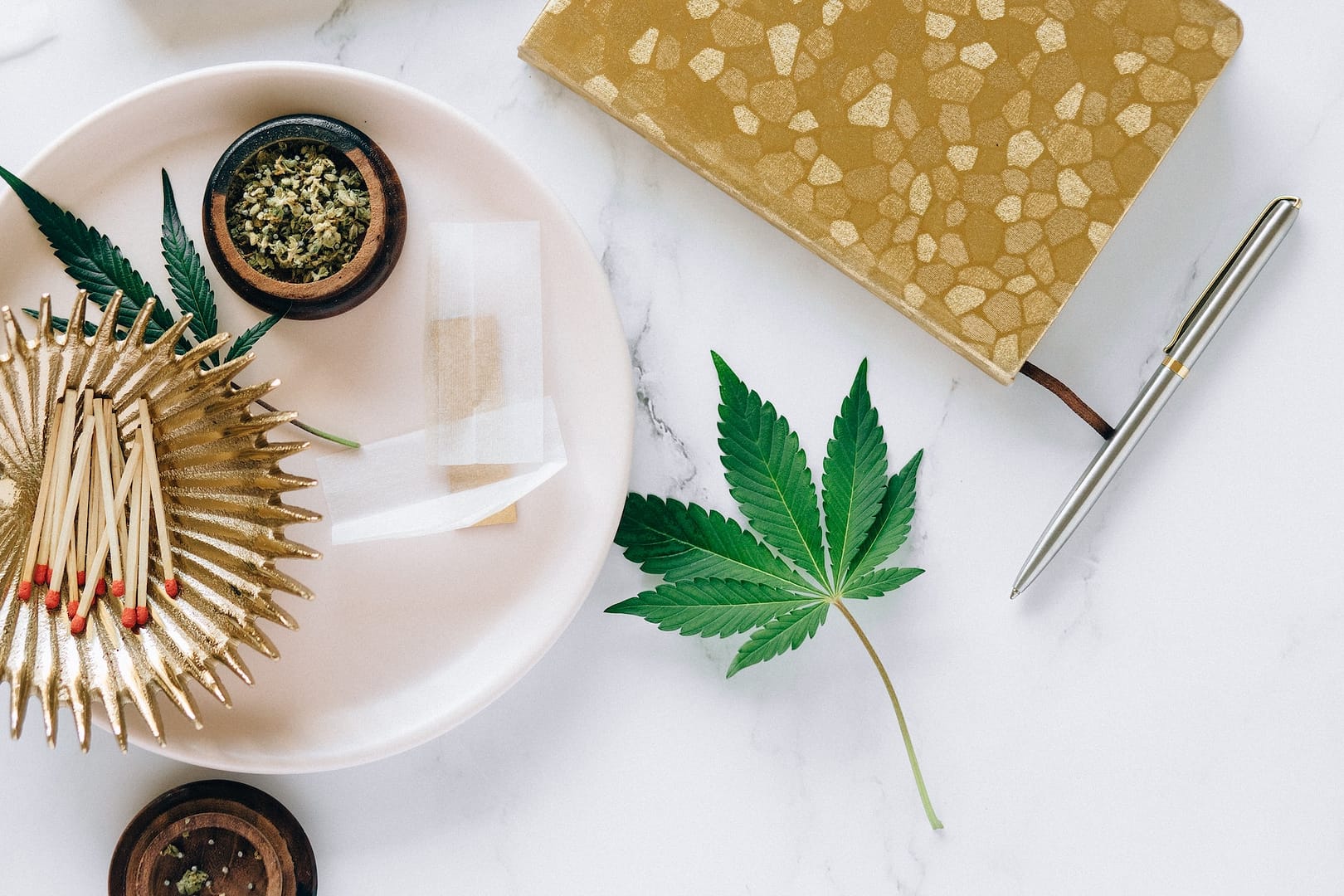Delta 9 THC and Alternative Cannabinoids
What is cannabinoid?
Without getting too sciency, cannabinoids are molecules that occur naturally in the cannabis plant. They imitate endocannabinoids in our bodies, which are naturally produced molecules that help regulate and balance key bodily functions. Each one of them have unique properties and medical uses. Some of the most significant? THC (Δ-8 & Δ-9), CBD, THCV, CBC, HHC, CBDV, and CBN.

Okay, so other cannabinoids may exist, but isn’t THC the best option?
Well, it depends. Different cannabinoids can produce dramatically different effects in humans. And while the “how” is probably best left for a different post, let’s focus on the “what.” The major effects for two different cannabinoids THC and CBD are as follows:
THC
Psychoactive (High)
Relaxing
Stimulates appetite
Induces sleep
CBD
Not psychoactive
Antipsychotic
Anticonvulsant
Anti-inflammatory
If you’re looking for something to stimulate your appetite or help you go to sleep you might want to consider THC. However, if you are struggling with muscle pains but don’t want any of the psychoactivity, then CBD is going to be a much better solution for you. These differing use cases hold true across the spectrum of cannabinoids. THCV is going to produce different effects than THC, CBN, or CBG. But what happens when we combine cannabinoids?
Entourage Effect
No, not the 4 dorks in that HBO series. When you combine cannabinoids you often get results that are better than the sum of the parts. The entourage effect is the proposed mechanism by which cannabis compounds act synergistically to complement and enhance the benefits that they offer as individual components.
Combined THC & CBD (Entourage Effect)
Reduced psychoactive effects
Reduces pain
Relaxes muscle spasms
Reduces nausea/vomiting
Anti-tumor effects
But wait, there’s more! It’s not just the cannabinoids that help create a better overall product, the specific terpenes and flavonoids work together as well to increase a product’s efficacy. Terpenes and flavonoids are the molecules that affect the color, smell, and flavor of cannabinoids. They can also enhance the medicinal properties of cannabis products.
How do you know what to use then? This wheel is a good demonstration of what can be helped using blends and single cannabinoids. It is important to note though that this is just an illustration, and it is always best to start slow and low with cannabinoids to learn what is right for you and your body. We also recommend you track your doses and how each makes you feel to learn what your body best responds to.

Another example you say? Let’s talk about two products that most consumers should be familiar with, Delta-8 THC and Delta-9 THC.
Delta-8 vs. Delta-9
Delta-8 THC is a minor cannabinoid that is extremely structurally similar to Delta-9 THC, which is the primary psychoactive compound found in cannabis. Delta-8 THC was first discovered in the 1960s and has been studied less extensively than Delta-9 THC, which is woefully under researched as is.
Delta-8 THC is formed in multiple ways but the primary method is to derive it from CBD. CBD is converted into Delta-8 THC by refluxing the CBD in an organic solvent and adding a catalyst. Once the process is complete the new Delta-8 is purified to remove any unwanted molecules to get the product ready for consumption. All of our Delta-8 THC products at GreenDoc are made this way.
Delta-8 THC also has a different legal status than Delta-9 THC. While Delta-9 THC is classified as a Schedule I controlled substance under federal law in the United States, Delta-8 THC is not. By deriving Delta-8 THC from hemp instead of Delta-9, our products are legal at the federal and state level.
The biggest difference between Delta-8 THC and Delta-9 THC is their psychoactive effects. While both compounds can produce a “high,” Delta-8 THC is believed to be about half as potent as Delta-9 THC. This means that the effects of Delta-8 THC are generally milder and less likely to produce anxiety or paranoia.
In terms of medical uses, there is limited research on the potential benefits of Delta-8 THC. However, some preliminary studies have suggested that it may have anti-inflammatory, anti-anxiety, and anti-nausea properties.
Overall, Delta-8 THC is a less well-known cannabinoid than Delta-9 THC, but it is structurally similar and has some similar effects. It is less potent and less likely to produce negative side effects than Delta-9 THC, but more research is needed to fully understand its potential medical benefits.
Contact us or talk to our experts in store to learn more.






